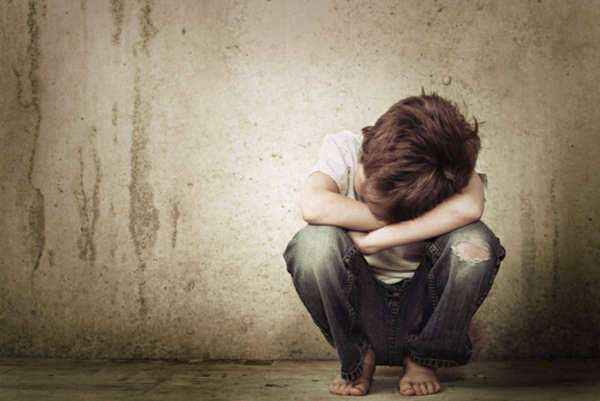
When children are placed in foster homes, one of the major indications for why some of these children inherit psychological problems is because of the identity problems that they face. Once a child is placed in a foster home, they often feel that he or she no longer has a family with whom to identify.
Many children that are placed in foster homes are not aware of the cause of this void in their lives; they just know that they are unhappy living in these foster homes. Many of these children feel that no matter how hard their foster parents try, they are always going to feel the void of not being able to be with their birth family.
Even in those circumstances where abuse was prevalent, many of those children had at least moments when they were able to think of their biological family as home. That is not to say that the child should not have been removed from that environment and placed into foster homes by the State. However, many children that are in a foster home will always have a longing to be with their biological families. This is why recent legislation has encouraged placing children in the foster homes of close relatives.
If a child has to be separated from a parent and placed in a foster home, the child sometimes feels as though they are an illegitimate member of their new foster home. When children are placed in foster homes, they sometimes believe that they do not belong to the family.
Once they enter these foster homes, they feel like outsiders in the place that they are supposed to call home. This causes many children placed in a foster home to develop psychological issues. It is difficult for them to live in a foster home because they do not feel like they belong there.
Then there are some children that are placed in foster homes that grow up without their biological family and they go on to live their lives despising the fact that they were not granted the opportunity. Those children that are in these foster homes reach a point in time when they want to learn more about their birth family.
For those that are placed in foster homes and have come to grow a close bond with their foster family while they are in a foster home, they do not know how to handle the fact that they want to learn more about their family. This, too, can cause children to develop psychological problems while they are in a foster home.
While they are in a foster home, they feel a conflict within themselves because they do not know how to deal with the fact that they would like to learn more about their birth families. Some of them feel that this inquisition will hurt their foster family, so they may choose to hold this longing inside, which can lead to psychological problems.



